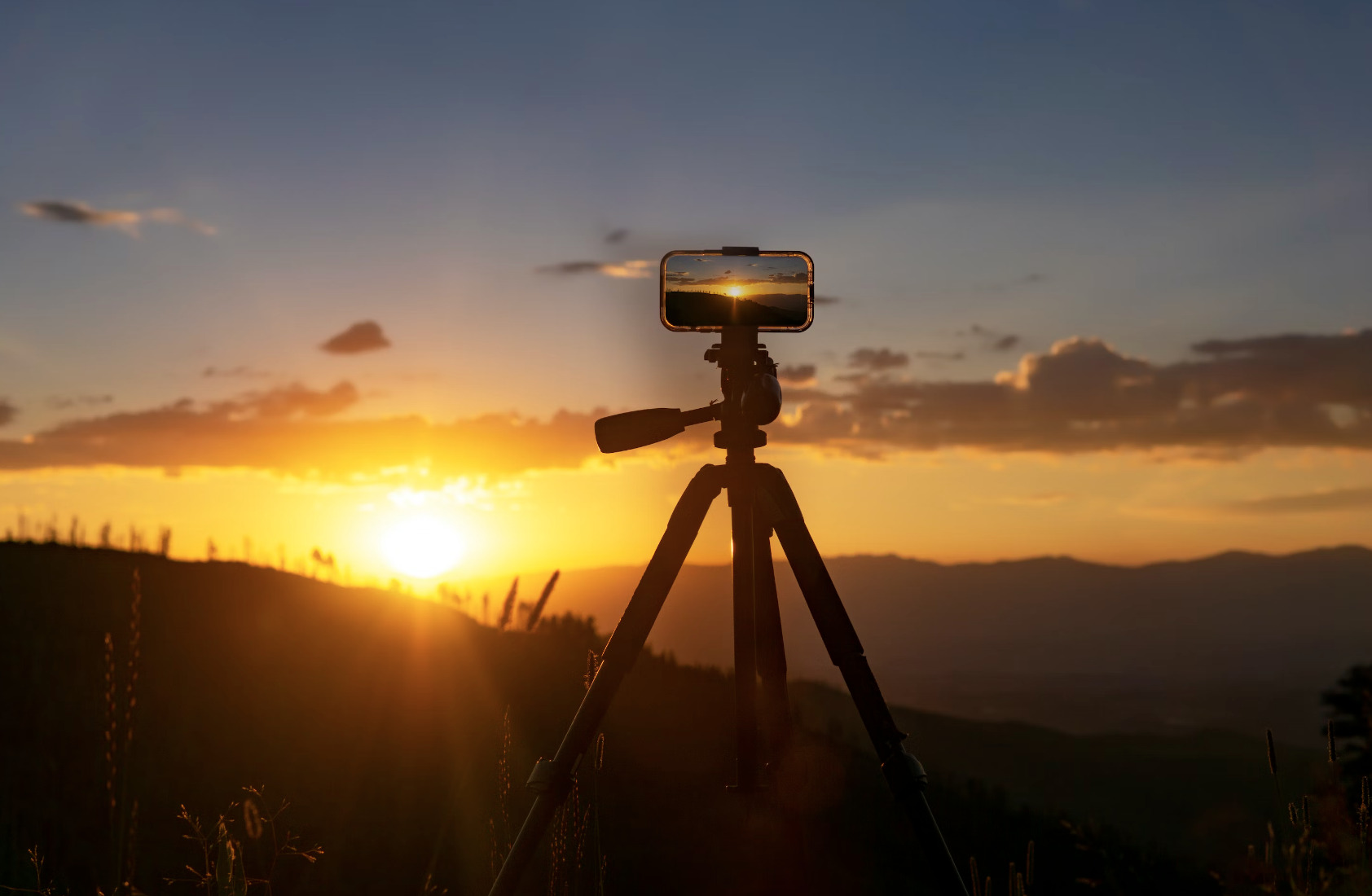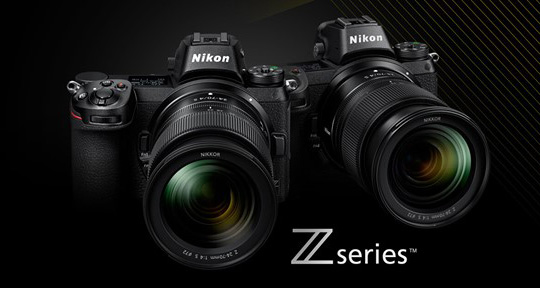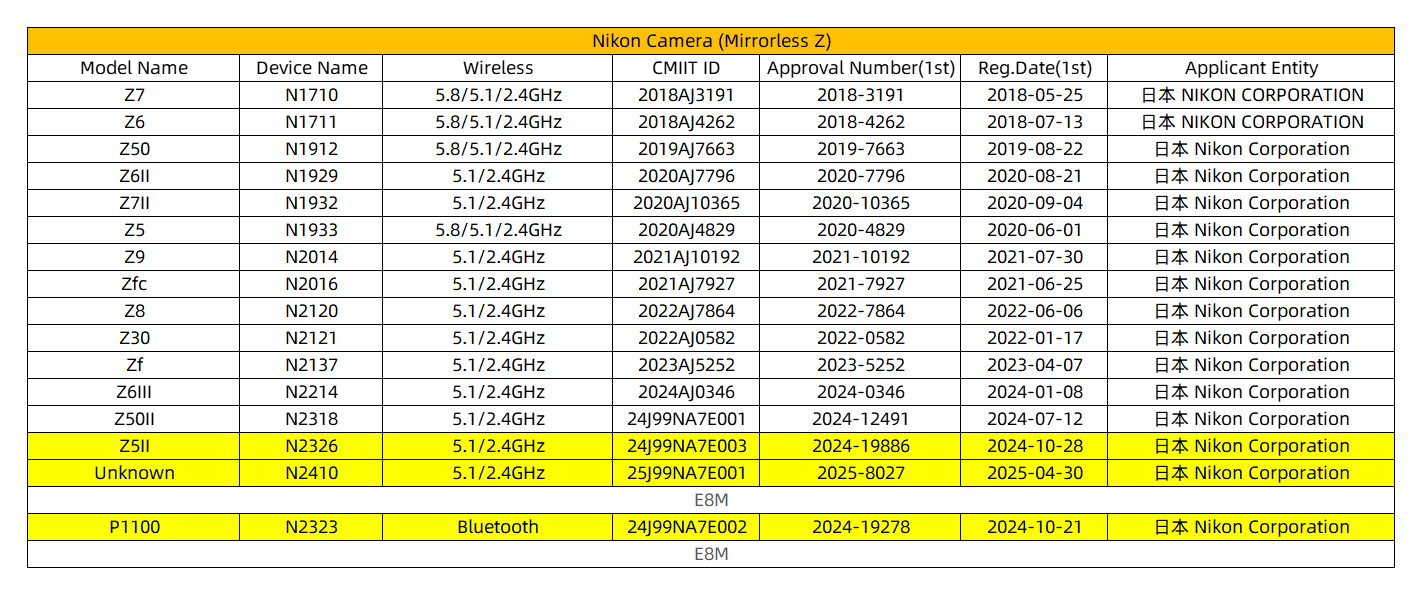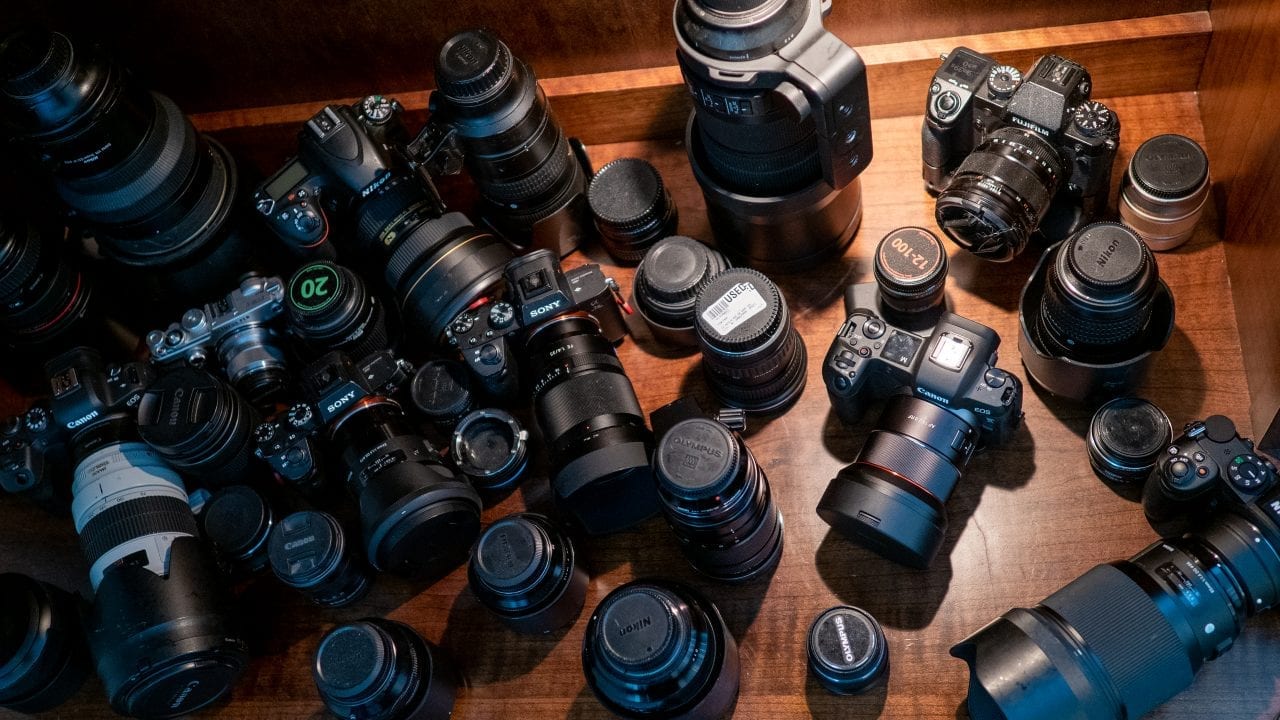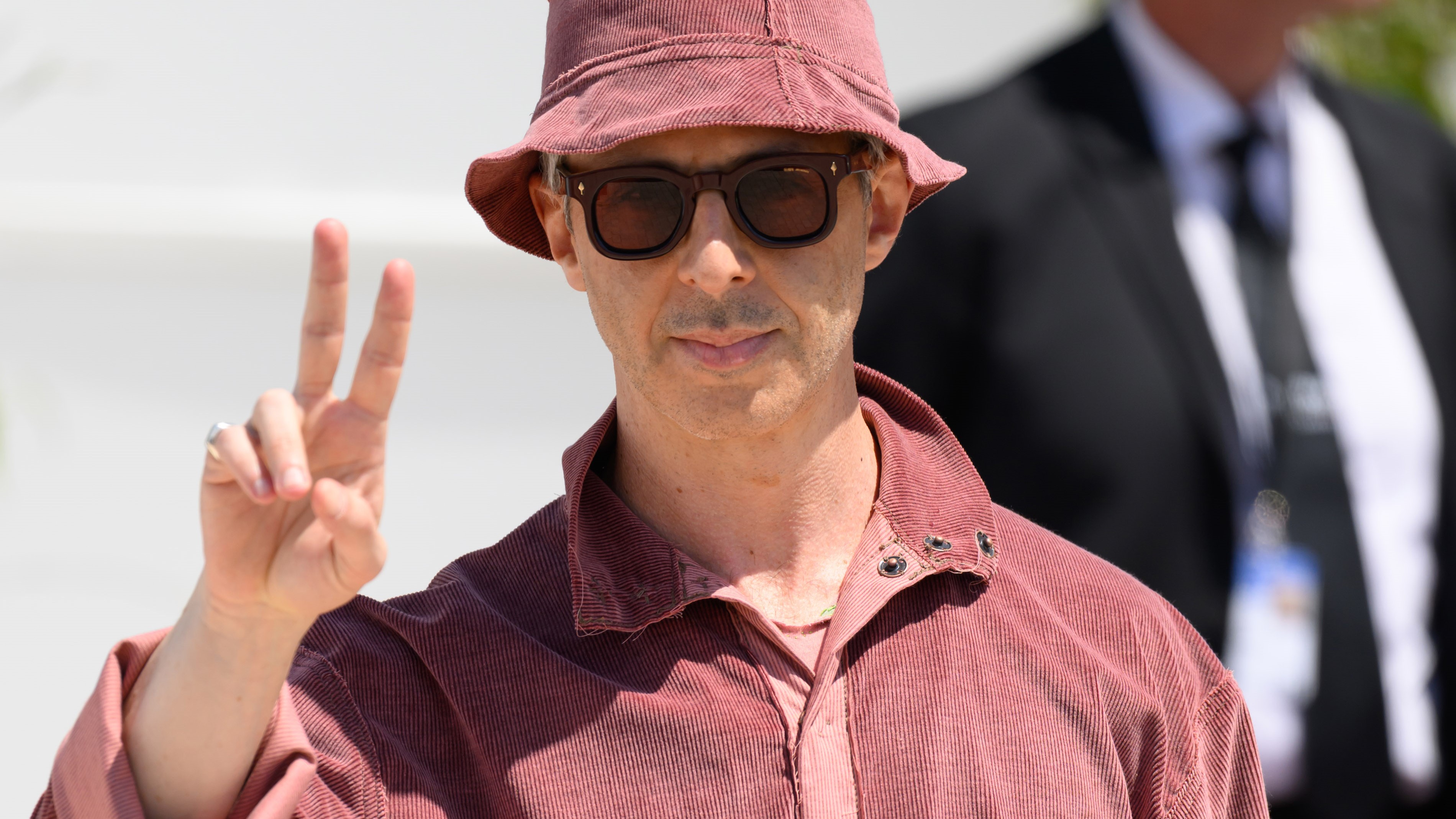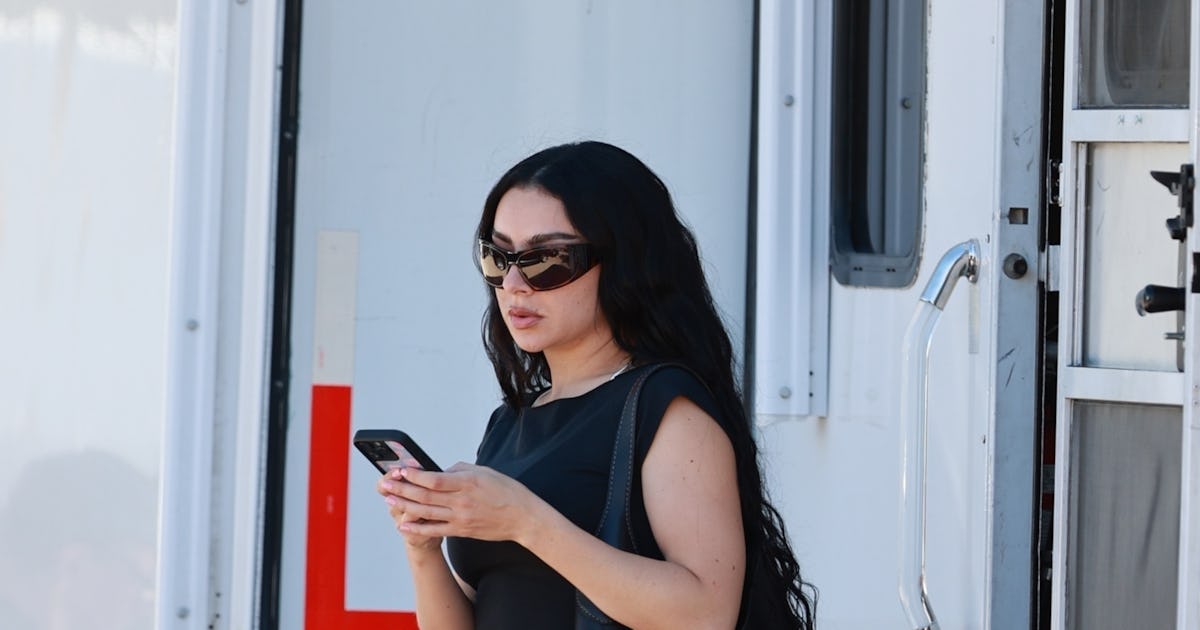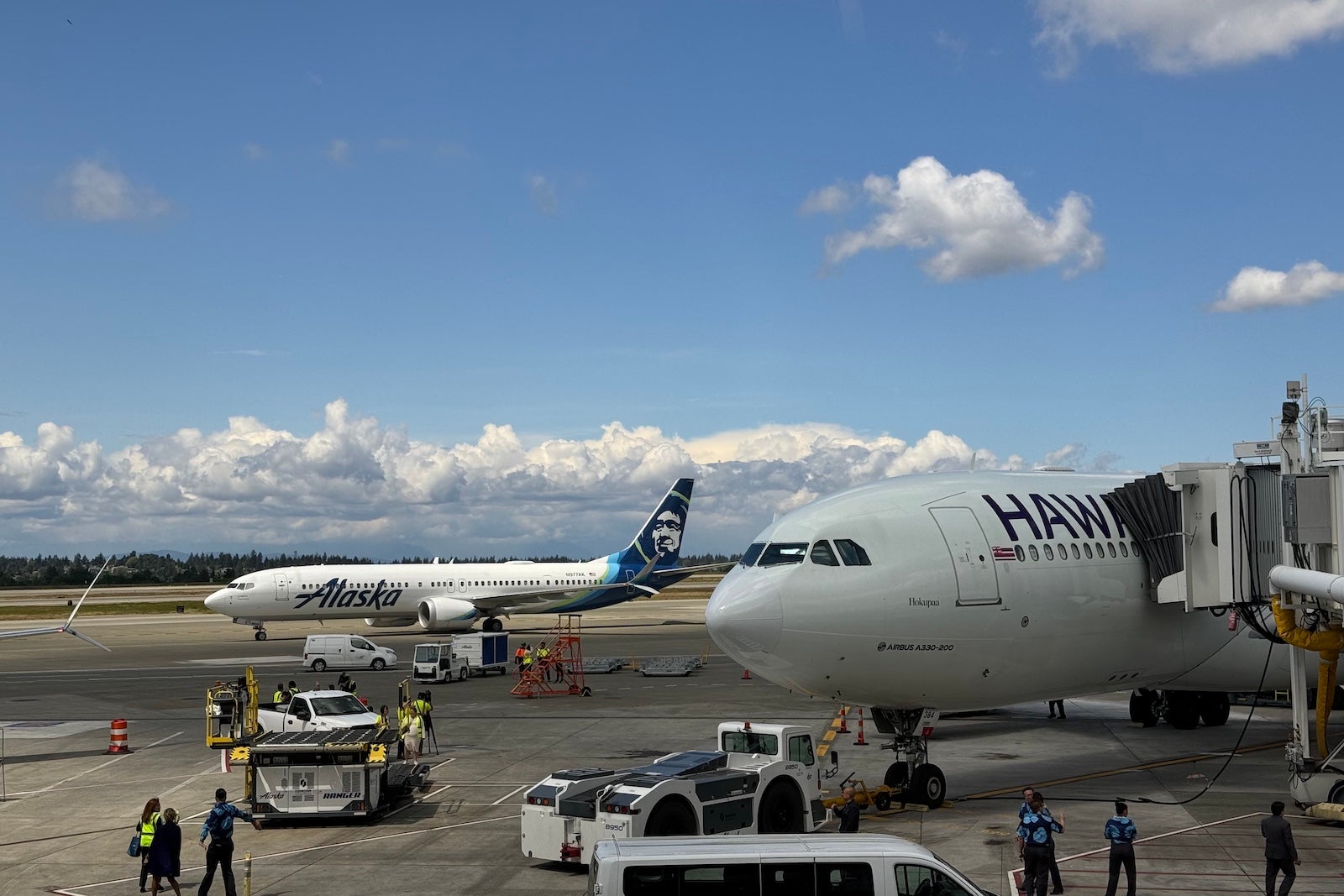DJI's decision to not sell the Mavic 4 Pro in the US isn't because of bans or certifications
Image: DJI DJI's announcement of the Mavic 4 Pro came with a sting in the tail for Americans: the drone won't be sold in the US. However, a spokesperson tells DPReview that the company "has obtained all necessary approvals and clearances, including FCC certification, for sale in the United States," and that there's "currently no ban restricting the import or sale of DJI products" in the country. If the drone is certified and there's no ban, why isn't the drone launching in the US? The company didn't have a direct answer, but told us that "many factors went into this decision. Like many global companies, we have had to adjust our market strategy as local conditions and the industry environment have evolved." "Many factors went into this decision" While it didn't specify what "local conditions" meant, it seems likely the uncertain situation surrounding the US tariffs on Chinese goods played a role. In April, President Trump announced a 34% tariff on imports from the country. That rate ballooned to 145% after a back-and-forth between the two countries, where each responded with additional tariffs on each others' goods. In May, the US and China struck a deal that suspended most of the tariffs for 90 days, though it still left a 30% tax on Chinese imports to the US in the interim. It's unclear what will happen after the pause. Other companies have responded to the tariffs – which aren't just limited to Chinese goods – in various ways. Chinese astronomy camera company QHYCCD announced it would no longer ship cameras to the US, and Sigma and Canon have announced that they'll have to raise prices. Tamron has said they've affected its production plans, and Fujifilm has blamed tariffs for availability issues. DJI has also already had to deal with questions around tariffs. When PetaPixel asked why its Osmo Pocket 3 vlogging camera appeared to be out of stock, the company said: "Due to local market conditions and industry environment, including trade-related policies, we may experience extended delays in restocking, and have had to adjust our pricing strategy." As for the Mavic 4 Pro, the company won't say that it's entirely ruled out bringing it to the US. "The United States is an important market, and we are committed to making our products available to our US-based customers," it told DPReview. "While we currently do not have an estimated timeline, we are closely monitoring the situation and actively exploring every possible solution." It also says it will "continue to introduce new products to the market." Additional reporting by Kara Murphy

 |
| Image: DJI |
DJI's announcement of the Mavic 4 Pro came with a sting in the tail for Americans: the drone won't be sold in the US. However, a spokesperson tells DPReview that the company "has obtained all necessary approvals and clearances, including FCC certification, for sale in the United States," and that there's "currently no ban restricting the import or sale of DJI products" in the country.
If the drone is certified and there's no ban, why isn't the drone launching in the US? The company didn't have a direct answer, but told us that "many factors went into this decision. Like many global companies, we have had to adjust our market strategy as local conditions and the industry environment have evolved."
"Many factors went into this decision"
While it didn't specify what "local conditions" meant, it seems likely the uncertain situation surrounding the US tariffs on Chinese goods played a role. In April, President Trump announced a 34% tariff on imports from the country. That rate ballooned to 145% after a back-and-forth between the two countries, where each responded with additional tariffs on each others' goods.
In May, the US and China struck a deal that suspended most of the tariffs for 90 days, though it still left a 30% tax on Chinese imports to the US in the interim. It's unclear what will happen after the pause.
Other companies have responded to the tariffs – which aren't just limited to Chinese goods – in various ways. Chinese astronomy camera company QHYCCD announced it would no longer ship cameras to the US, and Sigma and Canon have announced that they'll have to raise prices. Tamron has said they've affected its production plans, and Fujifilm has blamed tariffs for availability issues.
DJI has also already had to deal with questions around tariffs. When PetaPixel asked why its Osmo Pocket 3 vlogging camera appeared to be out of stock, the company said: "Due to local market conditions and industry environment, including trade-related policies, we may experience extended delays in restocking, and have had to adjust our pricing strategy."
As for the Mavic 4 Pro, the company won't say that it's entirely ruled out bringing it to the US. "The United States is an important market, and we are committed to making our products available to our US-based customers," it told DPReview. "While we currently do not have an estimated timeline, we are closely monitoring the situation and actively exploring every possible solution." It also says it will "continue to introduce new products to the market."
Additional reporting by Kara Murphy






























